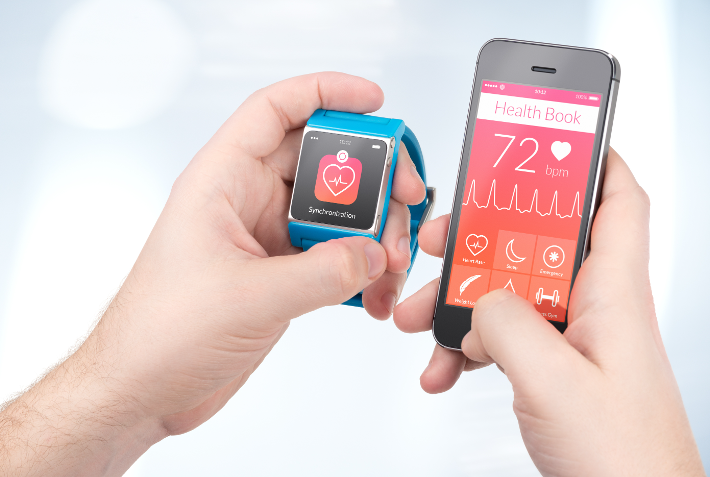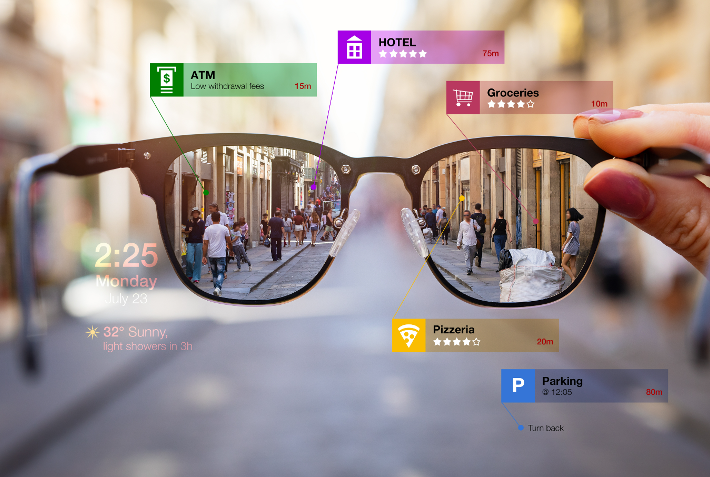
Genomics and Health: Understanding Your DNA for Better Health.
The advent of 5G technology heralds a new era of connectivity, promising ultra-fast speeds, low latency, and seamless connectivity that will transform the way we live, work, and interact with the world around us. In this article, we'll explore the implications of the 5G revolution and how it will impact various aspects of our lives.

Internet of Things (IoT) Connectivity: 5G's high bandwidth and low latency make it ideal for connecting a vast array of IoT devices, from smart home appliances and wearable devices to autonomous vehicles and industrial sensors. With 5G, IoT devices can communicate with each other and with cloud services in real-time, enabling smart cities, intelligent transportation systems, and automated industrial processes.
Digital Transformation: 5G will accelerate the digital transformation of industries across the board, from healthcare and education to manufacturing and agriculture. Remote patient monitoring, virtual classrooms, smart factories, and precision agriculture are just a few examples of how 5G technology will revolutionize traditional industries, increasing efficiency, productivity, and innovation.
Emerging Technologies: 5G will enable the widespread adoption of emerging technologies such as augmented reality (AR), virtual reality (VR), and mixed reality (MR). These immersive technologies will become more accessible and seamless with 5G, unlocking new opportunities for entertainment, education, training, and remote collaboration.
Autonomous Vehicles: 5G's low latency and high reliability are critical for enabling the widespread adoption of autonomous vehicles (AVs). With 5G connectivity, AVs can communicate with each other and with infrastructure in real-time, enabling coordinated navigation, collision avoidance, and traffic management. This will pave the way for safer, more efficient transportation systems and unlock new possibilities for mobility and urban planning.
Telemedicine and Remote Healthcare: 5G will revolutionize telemedicine and remote healthcare, enabling high-definition video consultations, remote patient monitoring, and real-time diagnostic imaging. With 5G, patients in rural or underserved areas can access quality healthcare services remotely, reducing barriers to care and improving health outcomes.
Edge Computing: 5G's distributed architecture and edge computing capabilities will enable faster processing and response times for data-intensive applications. By bringing computing resources closer to the edge of the network, 5G will support real-time analytics, artificial intelligence (AI), and machine learning (ML) applications, enabling smarter and more responsive services.
In conclusion, the rollout of 5G technology represents a paradigm shift in connectivity that will unlock new opportunities, fuel innovation, and drive economic growth across industries. From enhanced mobile experiences and IoT connectivity to digital transformation and emerging technologies, the 5G revolution will fundamentally change the way we live, work, and interact with technology, shaping the future of our digital society.